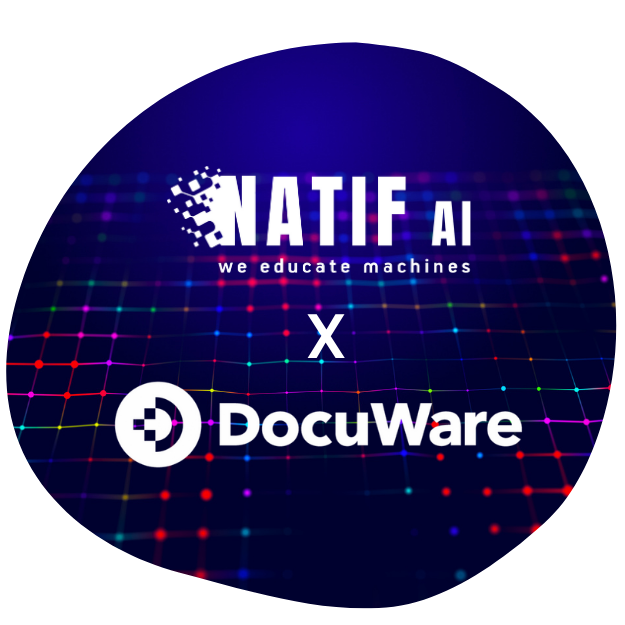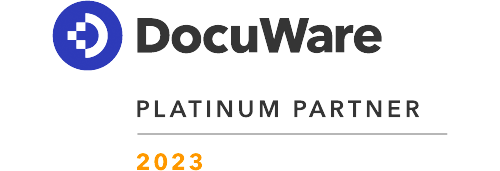- Current context
Towards increased dematerialization
The dematerialization of documents via EDM solutions has become essential for companies seeking operational productivity. However, this is no longer enough, and in a world where every second counts, EDMs must integrate Artificial Intelligence modules to meet the growing needs of businesses. This is what we call “augmented dematerialization”
For information, since 2017, France has invested more than 2.5 billion euros in Artificial Intelligence. This investment is notably due to a clear observation… for 84% of professionals, automation tools such as AI offer are synonymous with saving time. Moreover, 9 out of 10 companies say that Artificial Intelligence allows them to have a competitive advantage over their competitors. (source: Lesmakers.fr)








